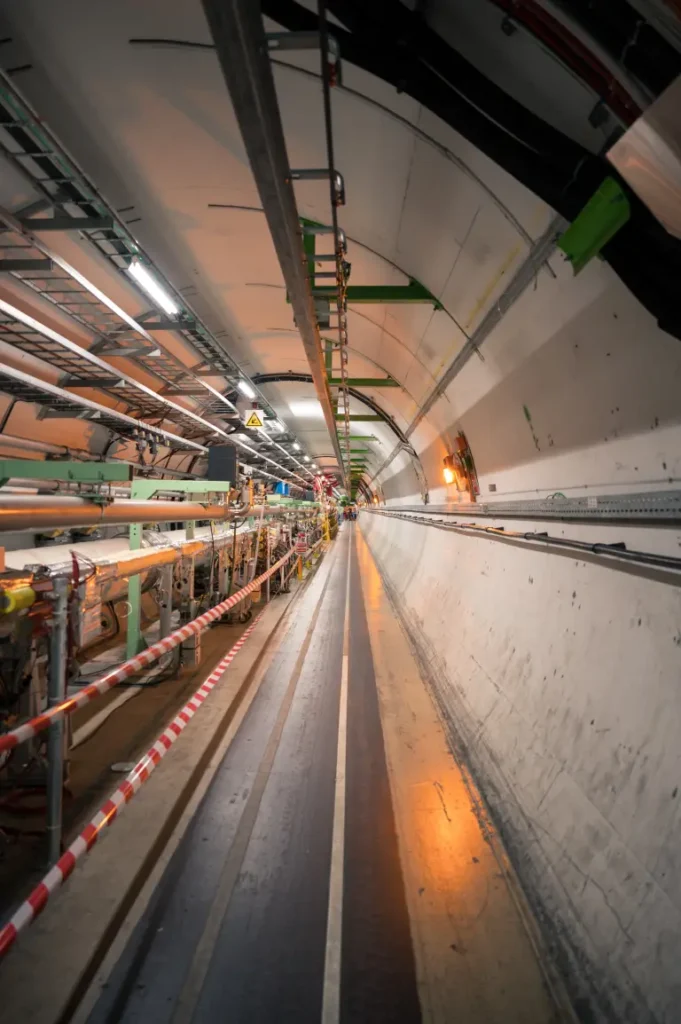
Prediction has been a cornerstone of Physics since time immemorial. However, in fields of modern physics such as High Energy Physics (HEP) the complexity of large-scale experimental projects has highlighted the need for a reconsideration of the concept of prediction. This concept should now be explicated not only in terms of a one-dimensional interaction, where theory predicts and experiment confirms or falsifies, but in the context of a complex relationship between theory and experiment that is undergoing constant transformation.
This need has become even more imperative after the discovery of the Higgs boson, the last missing piece of the Standard Model, in 2012. Despite persistent efforts, a new theory with specific predictions that could be validated through experimentation has yet to be produced. Nevertheless, experiments in the field of HEP continue undeterred and even new plans for accelerators (FCC at CERN, ILC in Japan, CEPC in China) are on the table. As it can be gleaned from the descriptions of these future projects, as well as from the related scientific discourse, experimental physics is the one called upon to break new ground, through exploratory experimentation, towards the discovery of a “new physics”; whereas theoretical physicists will be called upon afterwards to explain the novel experimental results.
On the other hand, there are important fields of theoretical physics, such as String Theory, that are situated at the most fundamental level of theorizing and still remain detached from empirical testing. Predictions in this case are either outright impossible to verify experimentally or, where empirical confirmation is possible, the chances of that happening in the foreseeable future are dim. Within this context, the scientific method as we know it is at stake and the way in which concepts such as “prediction”, “novelty” and “credibility” are reconstituted is of pivotal importance.
This part of the PYTHIA project will be based on an ongoing field study at CERN, which includes extensive research into the CERN Archive and interviews with physicists who have played a major role in CERN’s history.

